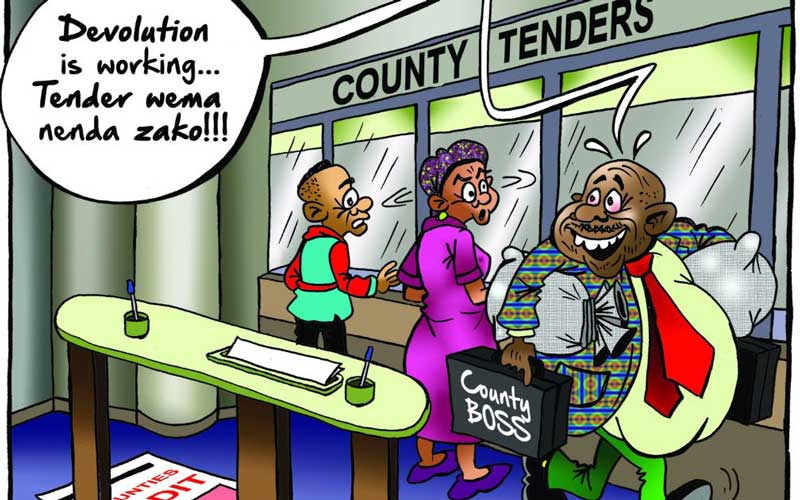
Defending the gains of the 2010 Constitutions is an obligation we owe our children and our children’s children. While the Constitution gave a strong case for political separation as well as decentralisation of power, devolution was meant to take resources to the grassroots. The debate on the relationship between the national and regional governments within a state has existed in many democracies around the world. In all these debate, the question as to whether two sovereignties co-exist within a state and what the limits of power should the sub units have, has always been the cause of divergence of opinion.